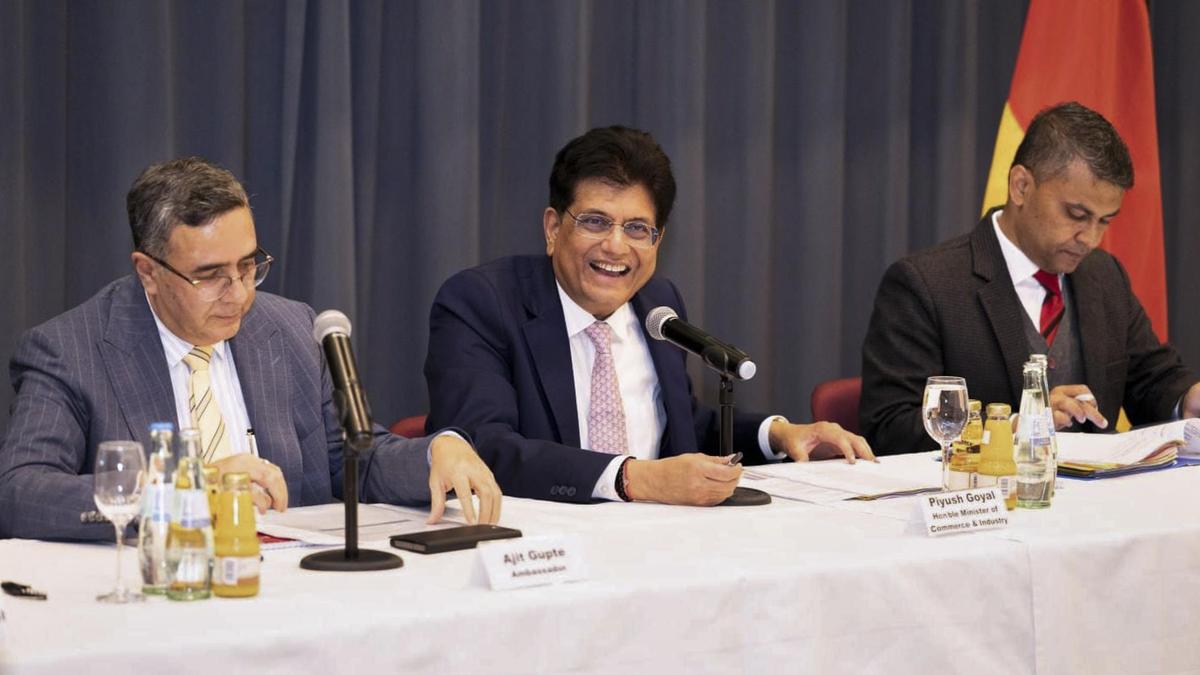Trains must be accorded pride of place among commuting modes, considering their near net-zero carbon footprint, very high energy efficiency, speed, comfort, and safety record, said delegates attending a National Railway and Transport Innovation Summit held here on Friday.
Speaking of trends, challenges, and opportunities in modernising the country’s rail network, Ved Prakash Dudeja, Vice Chairman, Rail Land Development Authority (RLDA), said the body gave masterplans to redevelop 72 railway stations, from which tenders totalling ₹20,000 crore were awarded to develop 50 of them. In addition, connectivity to stations is being improved along with multi-level parking so that they become the city centre.
Being a linear State, Kerala had tremendous potential for transit-oriented development (TOD) from railway lines, said Rajesh Agarwal, Managing Director, Haryana Rail Infrastructure Development Corporation. He contrasted speedy land acquisition for rail projects in Haryana with delays in Kerala.
Sharat Sahai Mathur, Group General Manager of the Centre for Railway Information Systems (CRIS) under the Railway Ministry, said efforts were on to integrate different information technology systems of the Railway for optimal results.
Speaking of ‘Public-private collaboration for railway projects’, Kerala Rail Development Corporation Managing Director V. Ajith Kumar said there was need to usher in fast train movement in the State since road transport contributed to over 74% of automobile emissions. This was in stark contrast with just 1% by trains. On the the SilverLine semi-high-speed rail project, he said it had the potential to wean away 12,000 cars from the State’s roads daily, considerably lessening pollution.
The railway system was six times more energy efficient than road transport, said H.K. Raghu, Senior Professor (Rolling Stock), Indian Railways Institute of Transport Management, Lucknow. “Moreover, trains do not cause dust and intense micro-plastic pollution caused by road transport due to tyre friction,” he added.
Participating as the chief guest, Union Minister of State for Housing and Urban Affairs Kaushal Kishore said India’s e-mobility plans were in line with the net-zero emission target. He lauded Kochi Metro Rail Limited (KMRL) for developing the “world’s first water metro” in the country.
K.N. Madhusoodanan, Vice-Chancellor, Cochin University of Science and Technology (Cusat), said in his keynote address that sustainable solutions that leveraged technology was the need of the hour. “Energy efficiency is crucial when it came to exploring new energy sources and adopting electric vehicles,” he said.
KMRL managing director Loknath Behera was among those who spoke.
The summit was organised by Elets Technomedia, in association with KMRL and the civil engineering division of the School of Engineering, Cusat.



